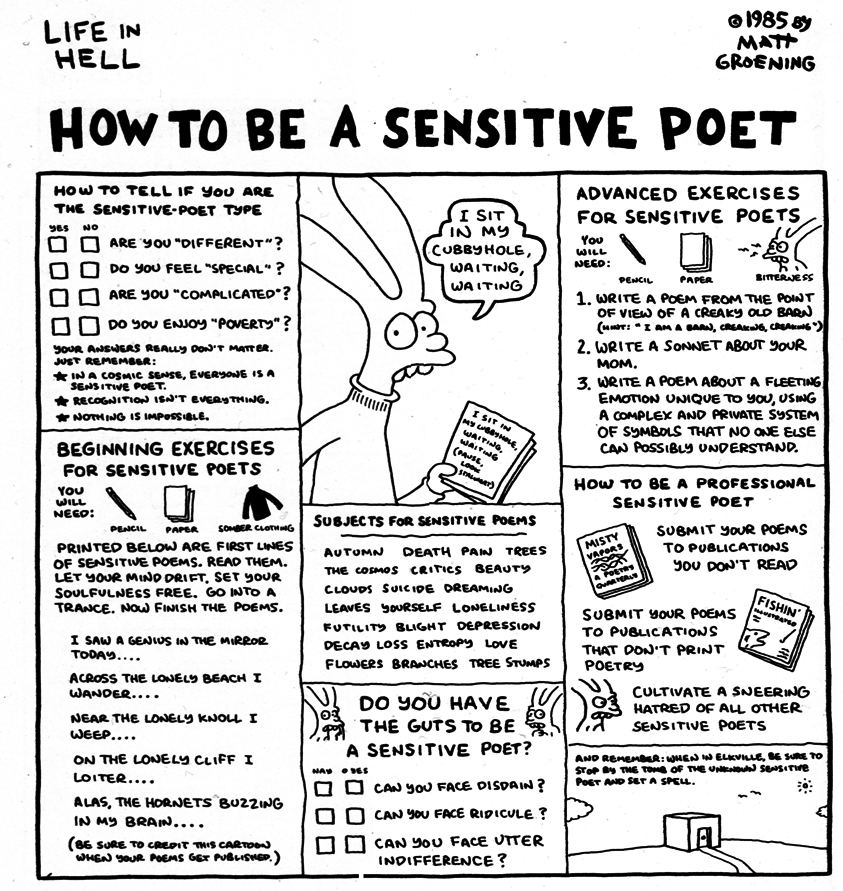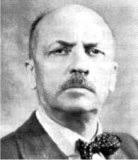
The last Scarriet Hot 100 list was headed up by Kent Johnson, a talented poet who loved everything to do with poetry and interacted with me on the internet recently—a good man, a good soul, a loving father. He passed away this year. Before I get into the new list, I wanted to mention him.
There are two ways to think generally about poetry today.
One—poetry is thriving: in academia, in MFA writing workshops, in hard copy book publishing, in the slam bars, in the anthologies, in the inaugural ceremonies in Washingtion DC, in magazines, in prizes, in cash awards, in the federal, state, and local, laureates, in political radicalism, in traditional ways, in experimental ways, on millions of internet outlets, and in every proud, marginalized community.
Two—poetry is thriving AND YET it isn’t as good or important as it used to be.
Every 5-10 years—the latest is a NYTimes piece by Matthew Walther called “Poetry Died 100 Years Ago This Month”—successful American Poetry is tested by a smack-in-the-face, AND YET essay, which ruffles feathers and gets people talking.
This essay is always written by someone who is vaguely “conservative,” rude-yet-polite, and is either not a poet, or a poet who belongs somewhat, but not really, to the top-award-and-prize nexus of the American poetry enterprise.
The response (incensed, mostly uniting) to these once-or-twice-in-a-decade reminders that American poetry, despite all the official and unofficial cheer-leading, no longer matters, takes the following forms—from vehement disagreement to gradually conceding something may be wrong:
One) Your essay is lousy. You obviously don’t read contemporary poetry. You may be racist.
Two) No. Poetry is thriving. You need to read X, Y, and Z (see the top 100 list below).
Three) 90% of poetry is garbage (and I purchase and read new poems every day of the week) but that’s always been true—the bad poetry of the past has been forgotten. I don’t agree with anything you say in your essay.
Four) 99% of poetry is garbage today but that’s because there’s “too many poets.” But it’s better to have too many than too few, and the 1% good poetry today is as good as the best poems from the past—just evolved and different. I agree with one or two things in your essay.
Response One comprises about half the total response, which is perhaps why essays which question poetry’s contemporary worth appear rather infrequently.
Some form of Two, Three, and Four equals an additional 25% of the reactions.
Five) Modern poetry does kind of suck but contemporary poetry lives on in pop lyrics: Paul Simon, Bob Dylan, rap. Your essay is only partially correct.
Response Five fits about 15% of the usual reaction to such essays.
The remaining 10% of the feedback looks more or less like Six, Seven, Eight, and Nine.
Six) World War One and better university training did make Modernist poetry an ideal expression of a certain, unified, mournful sentiment which once paid dividends, but poetry today is written by different people for different purposes. I agree with your essay up to a point, but it’s much too pessimistic.
Seven) You make some good points, but you’re too narrow-minded. If you read more widely, you’d find contemporary poetry reflects the past more than you realize and historically, poetry has always had its revisions and revolutions. You’re too alarmist.
Eight) Poetry has sucked since 20th century prose poetry replaced Millay, Dickinson, Barrett, Tennyson and Keats, never mind Shakespeare and Milton. I agree with your essay 100% but I must take issue with your implication that early 20th Century Modernism was a golden age—Williams’ Wheelbarrow and Pound’s Cantos was, in fact, when the rot set in.
Nine) You’re spot on. Contemporary society is shallow and dumbed-down; only back-scratching poets read poetry today and as far as the general public is concerned, poetry is dead. I recall a previous essay of this kind where academic poetry was compared to subsidized farming. What you say has been true for many years. Thank you for your essay.
Below are poets getting the most attention in this early 2023 moment.
Latest book in quotes, when deemed necessary. BAP = Best American Poetry. Many of the names below were simply the most mentioned as “living poets you need to read” by those objecting to Walther’s essay—not a bad way to take a Zeitgeist temperature.
1) Matthew Walther. Catholic columnist. T.S. Eliot killed poetry.
2) Ada Limón “The Hurting Kind.” U.S. Laureate.
3) Diane Seuss “frank: sonnets.” Pulitzer.
4) David Lehman BAP ed. see Scarriet 11/7/22
5) Tawanda Mulalu “Please Make Me Pretty”
6) Matthew Zapruder BAP ’22 Guest editor
7) Wong May Tang Dynasty translations
8) Ocean Vuong
9) Jason Koo Longest poem in BAP ’22
10) Anni Liu “Border Vista”
11) William Logan slapped by Lehman in ’09 BAP
12) Terrance Hayes
13) Kevin Young New Yorker Poetry ed.
14) Sharon Olds “Balladz”
15) Danez Smith
16) John Keene “Punks” National Book Award
17) Louise Glück best poem in BAP ’22?
18) Martin Espada
19) Joy Harjo
20) John Koethe “Beyond Belief”
21) Forrest Gander
22) Natalie Diaz
23) Robert Wood Lynn 22′ Yale Younger Prize
24) Alice Fulton “Coloratura On A Silence Found In Many Expressive Systems”
25) Saeed Jones “Alive at the End of the World”
26) Elisa Gabbert NYT poetry columnist
27) Jorie Graham
28) Jayme Ringleb “So Tall It Ends In Heaven”
29) Chen Chen “Your Emergency Contact Has Experienced An Emergency”
30) Laura Kasischke best poem in BAP ’22?
31) Ross Gay publishes essays as well as poems
32) Rupi Kaur Instagram Bestseller
33) Amanda Gorman presidential inauguration poet
34) Mary Ruefle
35) Simon Armitage British Poet Laureate
36) Marilyn Chin worked with Paul Engle at Iowa
37) Niina Pollari “Path of Totality”
38) Gerald J Davis “Divine Comedy” prose trans. bestseller
39) Aaron Poochigian “American Divine”
40) Patricia Lockwood
41) Yusef Komunyakaa “Everyday Mojo Songs of the Earth: New & Selected”
42) Illya Kaminsky
43) Maggie Smith “Goldenrod”
44) C. Dale Young “Prometeo”
45) Daipayan Nair “tilt of the winnowing fan” Hawakal press
46) Reginald Dwayne Betts founder & director, Freedom Reads
47) Kirk Wood Bromley verse playwright
48) Cathy Park Hong “Delusions of Whiteness in the Avant-Garde” essay
49) Dilruba Ahmed “Bring Now the Angels”
50) Yousif M. Qasmiyeh
51) Sherwin Bitsui “Dissolve”
52) Jake Skeets “Eyes Bottle Dark with a Mouthful of Flowers”
53) Brian Teare “Doomstead Days”
54) Billy Collins
55) Naomi Shihab Nye
56) Robert Pinsky
57) Tracy K. Smith
58) Warsame Shire
59) Wendy Cope
60) Marie Howe
61) Ron Silliman lowbrow avant critic
62) Marjorie Perloff highbrow avant critic
63) CA Conrad
64) Rae Armantrout current Yale Younger Judge
65) Susmit Panda
66) Alexandra Lyfton Regalado “Relinquenda”
67) Sara Deniz Akant “Hyperphantasia”
68) George Bilgere “Blood Pages”
69) Ben Mazer ed. Collected Poems, Delmore S.
70) Paul Tran “All the Flowers Kneeling”
71) Shelley Wong “As She Appears” debut publication
72) No’u Revilla “Ask the Brindled”
73) Safia Elhillo “Girls That Never Die”
74) Rio Cortez “Golden Ax” first book
75) C.T. Salazar “Headless John the Baptist Hitchhiking”
76) Nina Mingya “Magnolia”
77) Roger Reeves “Best Barbarian”
78) Luther Hughes “A Shiver In the Leaves”
79) Solmaz Sharif “Customs”
80) Franny Choi “The World Keeps Ending, and the World Goes On”
81) Dana Gioia poet who wrote one of those essays
82) Mary Angela Douglas
83) Cate Marvin “Event Horizon”
84) Aakriti Kuntal
85) Rita Dove
86) Stephen Cole
87) Deepanjan Chhetri
88) Carl Phillips “Then the War: And Selected Poems”
89) Joshua Michael Stewart “Break Every String”
90) Robert Hass
91) Gregory Pardlo Pulitzer 2015
92) Christian Wiman “Survival Is a Style”
93) Padraig O Tuama ed. “Poetry Unbound: 50 Poems To Open Your World” Amazon bestseller
94) Yana Djin
95) Glyn Maxwell
96) Jenny Xie “The Rapture Tense”
97) Shelby Leigh “mental health poet,” Amazon bestseller
98) Kei Miller “There Is an Anger that Moves”
99) Layli Long Soldier
100) Aimee Nezhukumatahil
~~~~
Salem, MA 1/1/2023



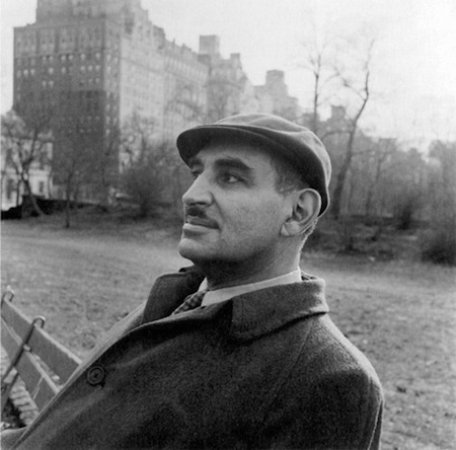

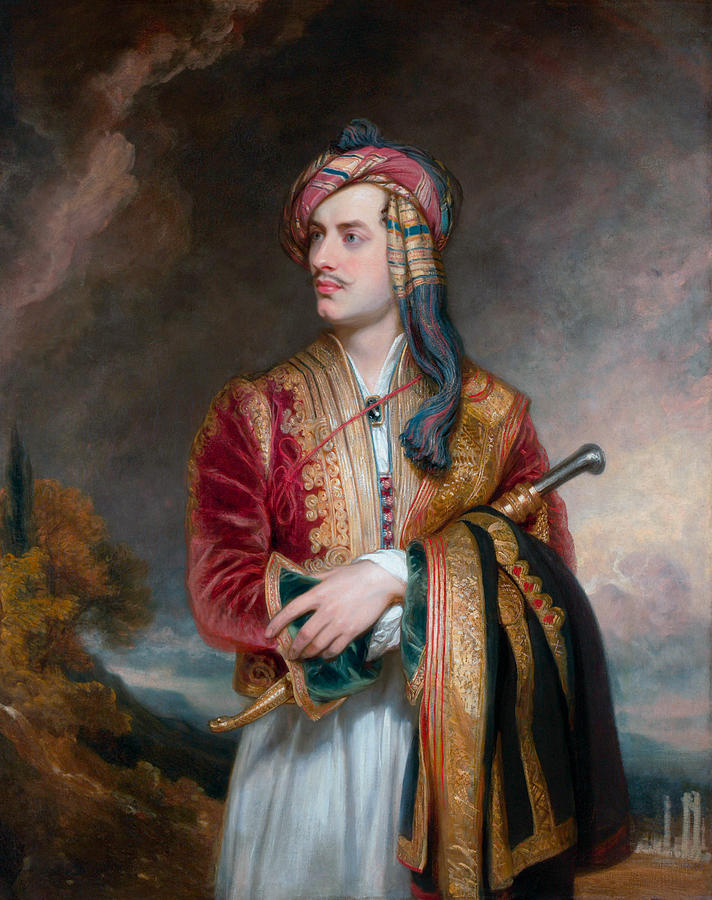
















.jpg!Blog.jpg)







